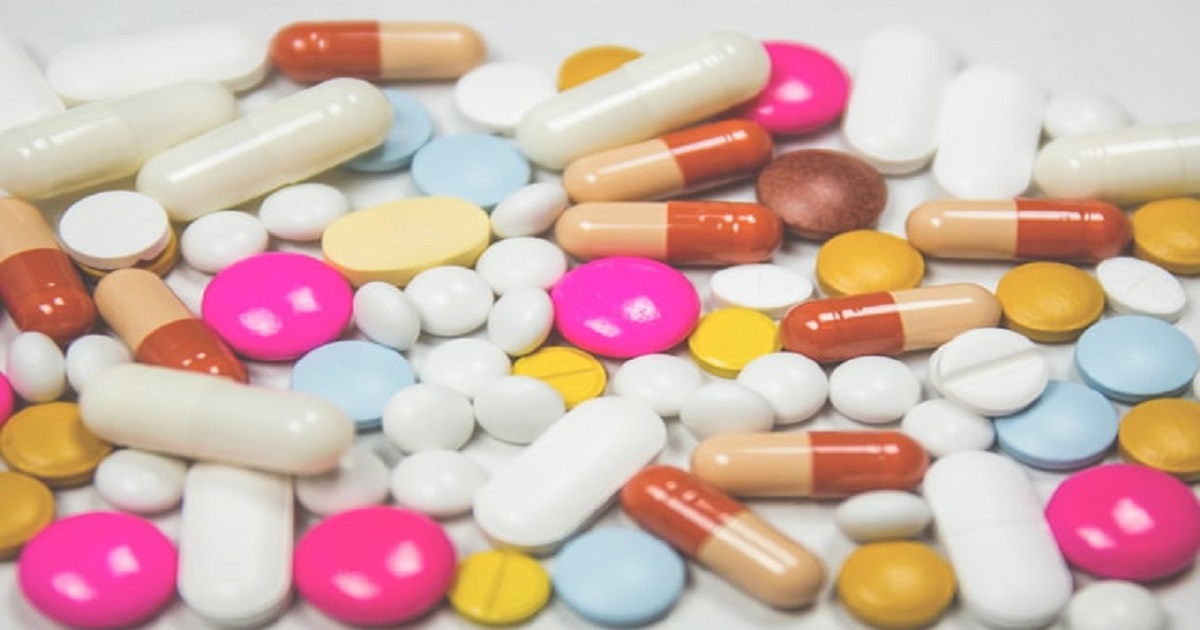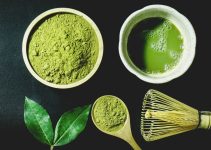As a child, have you experienced feeling better after your mother blew on your bruise or kissed you on the head? That’s considered by scientists as a placebo effect – and it’s something that people can experience by taking a placebo pill that actually don’t have medicine at all but is still effective. How could that be?
What are Placebos?
Placebos don’t contain real medicine inside yet they can be powerful and may help you feel better. That’s why it’s a challenge for researchers to prove that the medicine or treatment plan they created actually work independently – and that they should have better effects than the placebo.
First, let’s define what’s a placebo.
In research, a placebo is often a pill that looks the same as the treatment being researched, but contains no medicine at all. It is given to the research subjects but they aren’t told whether they got the treatment pill or the placebo.

Their response to the “treatment” is recorded and compared with the response of those who actually received the real treatment.
Why Do Placebos Work?
It’s impressive that there are actually a lot of times when people who received the placebo felt better, despite not receiving the real treatment. But scientists explained that placebos are not just an illusion.
For decades, there’s this notion that people have to be tricked into thinking that they were taking the treatment for the placebo to work.
But Ted Kaptchuk discovered that placebos could still work even on people who knew that they were taking a placebo pill.
The trick, though, is that a doctor must spend a lot of time explaining to the patient what the placebo is, how it’s made only of cellulose (a substance that has no effect on the body), and that many patients still got better in other clinical trials despite taking a pill with no medicine at all.
Somehow, despite know that they weren’t taking any medication, the people put on placebo (and knew about it) still became better.
Kaptchuk calls this as “open-label placebo.”
In several studies, they discovered that nearly half of patients who received the open-label placebo experienced milder symptoms than usual – and that’s the same number of people who experienced improvement in a double-blinded placebo.
It didn’t really matter whether the placebo was disguised, the effect was the same.
The researchers believe that it’s all because of the brain. By taking a pill, the brain releases endorphins (pain-relieving chemicals) and dopamine (“feel good” chemicals).

So, even if the body doesn’t receive active medicines, the people who took a placebo felt better because of this effect.
Based on their study, Kaptchuk said that it might be more important for a doctor to establish a better relationship with patients for a better “therapeutic encounter.” This can help ensure that patients can feel better, similar to those who received a fake placebo pill.
Can Placebos Cure Everything?
“Placebos don’t do anything for bacteria. Placebos can’t fight cancer. They can’t fight viruses,” clarified Kathryn Hall, a medical researcher at Brigham and Women’s Hospital in Boston, Massachusetts.
“But they can change how strongly someone experiences pain or other symptoms.”





